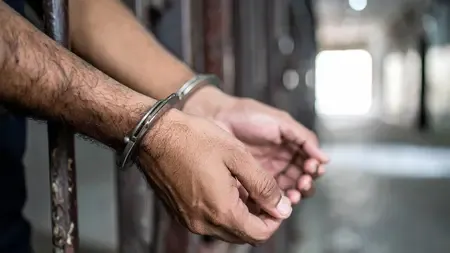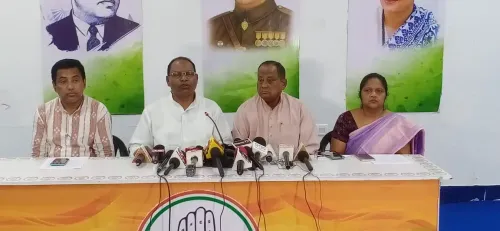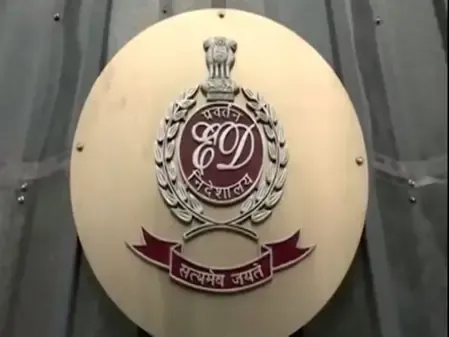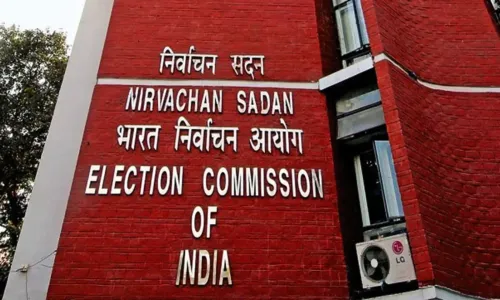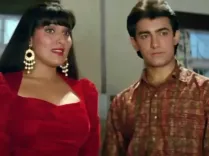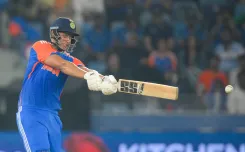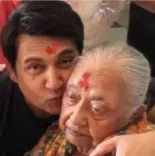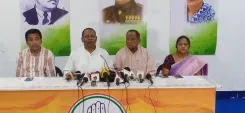How Does India's Commitment to Peacekeeping Reflect the Spirit of 'Vasudhaiva Kutumbukam'?
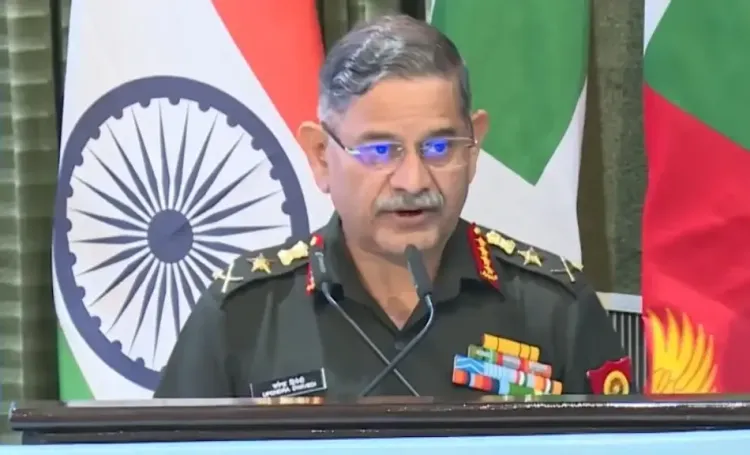
Synopsis
Key Takeaways
- India's dedication to UN peacekeeping is unwavering.
- Participation reflects the ethos of 'Vasudhaiva Kutumbukam'.
- Challenges of modern peacekeeping include hybrid warfare and disinformation.
- Collaboration and innovative training are essential for success.
- India is ready to share its indigenous technologies for peacekeeping.
New Delhi, Oct 14 (NationPress) Army Chief General Upendra Dwivedi emphasized India's unwavering support for United Nations (UN) peacekeeping missions, asserting that these efforts reaffirm the nation’s resolve to enhance collaboration and promote the virtuous cause of global peace.
During the United Nations Troop Contributing Countries (UN TCC) Chiefs' Conclave 2025 held in New Delhi, General Dwivedi articulated that India’s involvement in peacekeeping embodies its civilizational principles of 'Vasudhaiva Kutumbukam' -- meaning the world is one family -- and 'Vishwa Bandhu' -- representing India as a friend to all.
“Today, this conference perpetuates that same spirit, as we embrace the leadership of 32 troop-contributing nations, which collectively supply nearly two-thirds of all peacekeepers deployed globally. Truly, it is a gathering that signifies both pride and purpose,” General Dwivedi remarked.
In highlighting India's significant role, he stated, “India is among the largest contributors to peacekeeping, having dispatched around 300,000 personnel across 51 missions out of the total 71 UN peacekeeping missions. While our troops have shown unwavering commitment, we have also accumulated invaluable experience that we are eager to share with others.”
He added that hosting this conference in India is “not just a privilege but a reaffirmation of our collective commitment to enhance collaboration and advance the noble mission of global peace.”
General Dwivedi pointed out that contemporary peacekeeping faces challenges of “unprecedented scale and complexity,” with the global landscape at “an inflection point,” characterized by over 56 active conflicts and the involvement of nearly 19 nations.
He noted the emergence of disruptive technologies, the increasing influence of non-state actors, hybrid warfare, and disinformation as elements that have blurred the traditional lines of conflict.
“A peacekeeper is not only a security provider but also a diplomat, a technology advocate, a nation builder in remote areas, and often the sole conduit for information flow in conflict regions,” he explained.
Stressing the necessity for adaptation, he asserted that nations must incorporate advanced technology into operations, bolster rapid deployment capabilities, and enhance interoperability among troop-contributing countries.
“Collaborative training and innovative resource management will be crucial for sustaining missions over time,” he added.
“Together, we need to create a framework that is both resilient and responsive. The UN's moral authority relies on human connection, and troop-contributing nations should strengthen it by sharing best practices and aligning operational doctrines. Only then can we effectively address crises as they arise. Our unity is our ultimate strength,” the Army Chief stated.
He reiterated India’s commitment to the UN’s mission, asserting, “India remains dedicated to contributing to this collective endeavor. We are showcasing indigenous equipment tailored for peacekeeping operations and are ready to share such capabilities with interested partners. Likewise, we are open to adopting best practices from all nations.”

